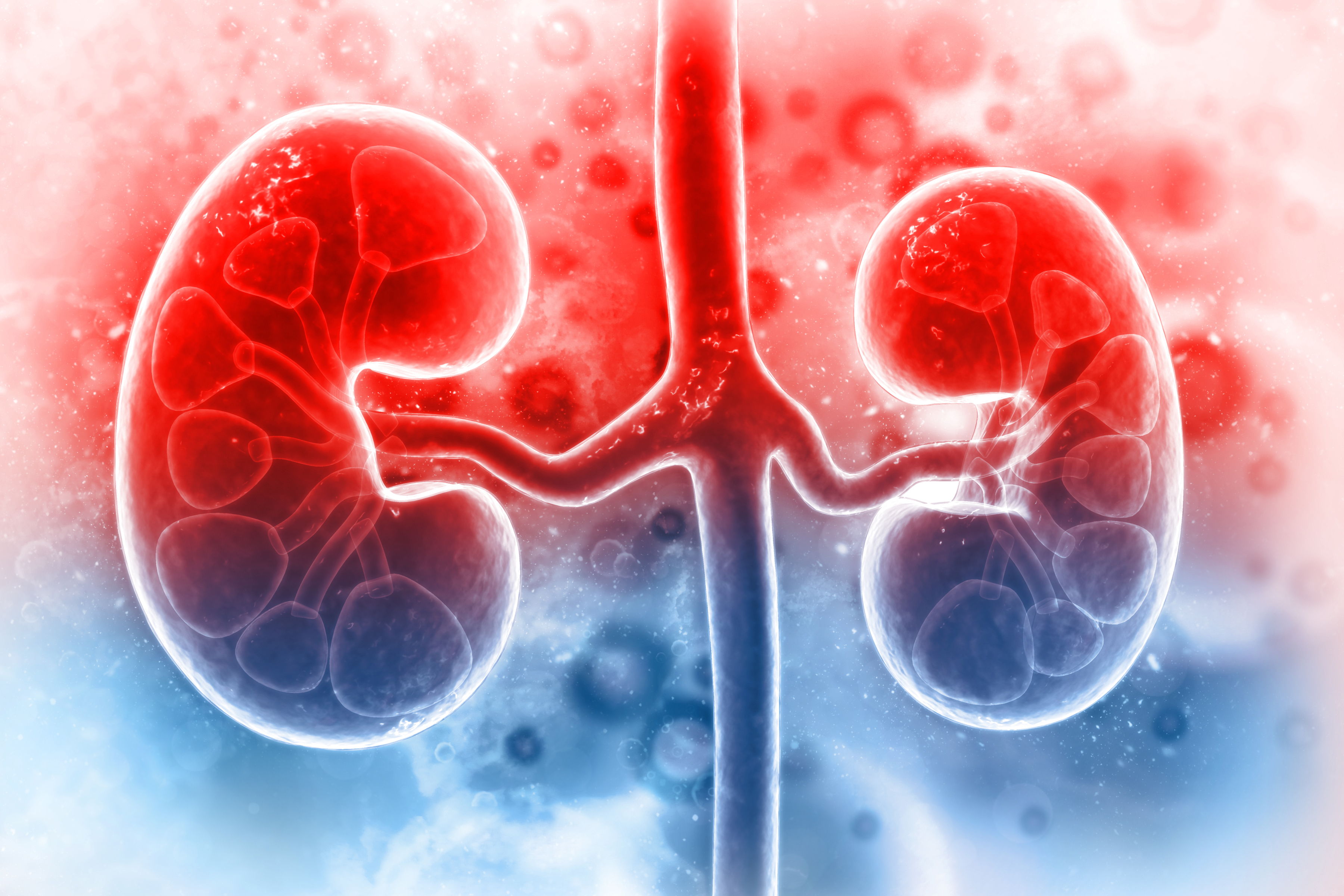Are You Getting Enough High-Quality Sleep?
We all know that sleep is important, yet many of us never seem to get enough of it. The journal Sleep Review recently found that 67% of end-stage renal disease patients said they were impacted by sleep disorders that prevented them from getting enough sleep. These sleep disorders include periodic leg movement syndrome (PLMS), restless legs syndrome (RLS), insomnia and sleep apnea. Researchers from Monash University reported in the journal Renal Failure that lack of sleep, especially when coupled with chronic kidney disease, leads to hypertension (high blood pressure), diabetes, lower quality of life and shorter life expectancy. This leaves many kidney patients [...]


